Get yourself a heat shield, and throw the parcel really hard—backwards.
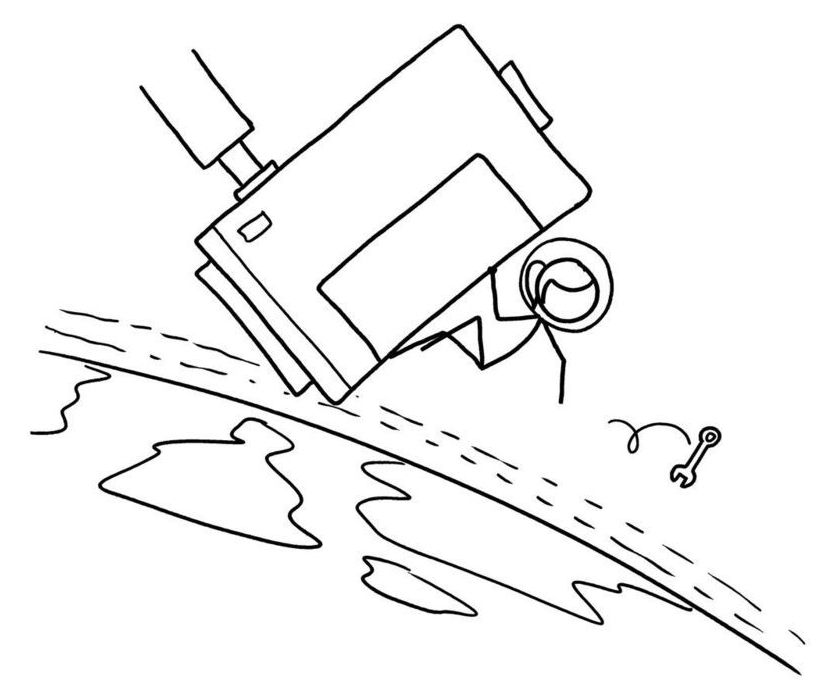

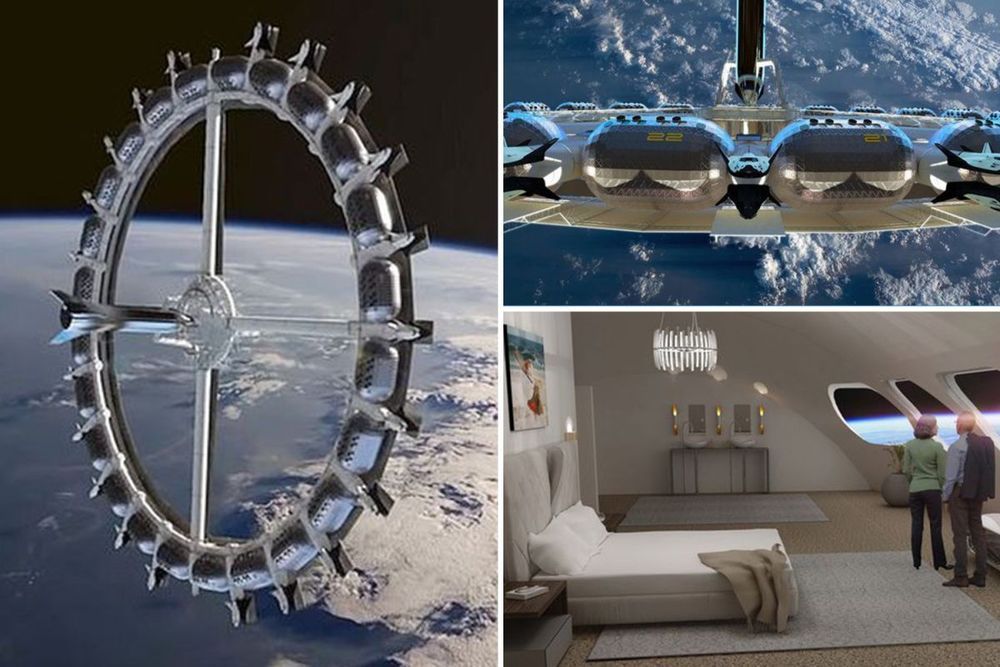
DESIGNS for the ‘first space hotel’ have been revealed and it’s as weird and futuristic as you would expect.
The orbiting space station is designed to accommodate 400 guests and has facilities that you find in top hotels such as restaurants, bars and a cinema.
The commercial space hotel has been designed by The Gateway Foundation.
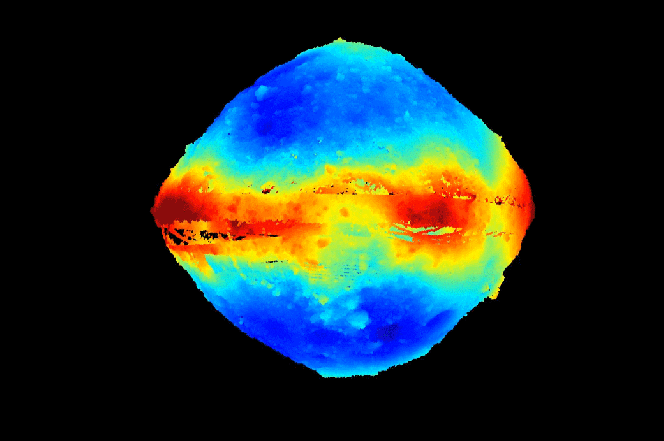
Pew face_with_colon_three
NASA’s OSIRIS-REx mission has been steadily progressing since the spacecraft arrived at the diamond-shaped space rock known as Bennu a few months back, but not everything has gone completely to plan.
The rock ended up being far more, well, dirty than NASA originally expected. Bennu’s surface is absolutely packed with debris, posing a challenge for NASA’s team that still has to decide where to have the probe touch down on the asteroid to collect samples. Now, using a laser instrument built into OSIRIS-REx, NASA has a detailed look at how dangerous the surface truly is.
In a new blog post, NASA explains how it used a tool called the OSIRIS-REx Laser Altimeter (OLA) to scan much of Bennu’s surface. The instrument paints a 3D picture of the hard surfaces the laser bounces off of, giving NASA researchers a detailed glimpse at the asteroid’s rocky surface.

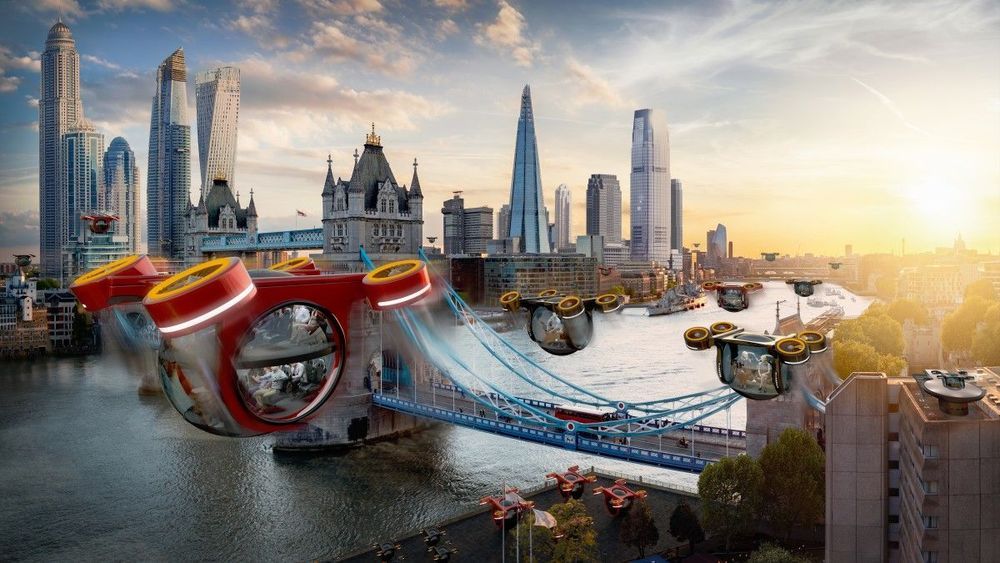
Samsung is looking forward to what life might be like in the year 2069. The new report, called Samsung KX50: The Future in Focus, draws on the opinions of six of Britain’s leading academics and futurists to look at a range of new technologies that will affect people’s everyday lives.
Trying to predict the future is a dodgy business that has a notoriously low success rate. If the world of 2019 was anything like past predictions, we should have flying cars, personal jet packs, robot butlers, 100 percent atomic power producing limitless energy, little bottles containing nanobots that can grow cars on the front lawn, colonies on the Moon and Mars – and all in a society that hasn’t changed much since 1960, except it’s a bit nicer.
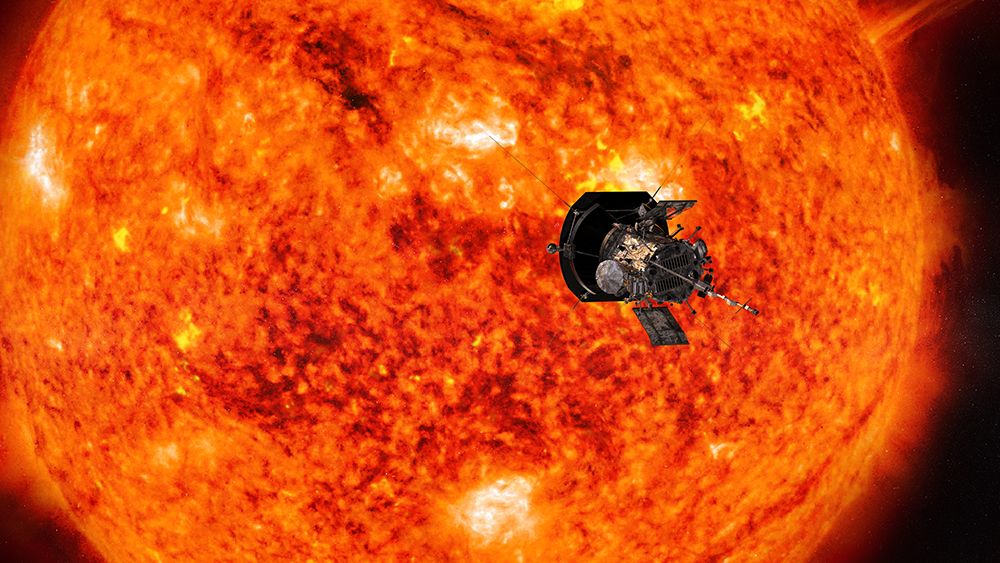
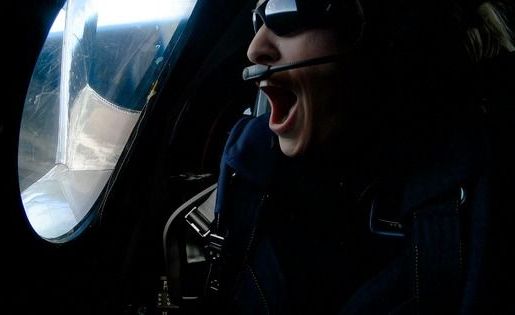
Solar system.
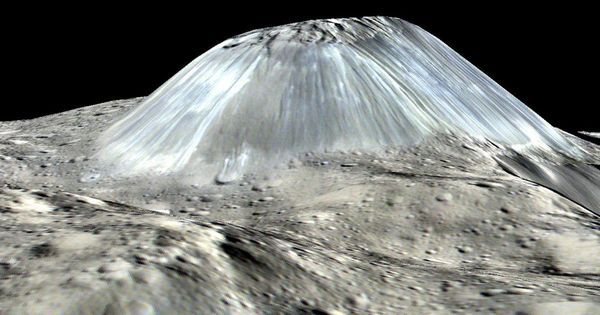
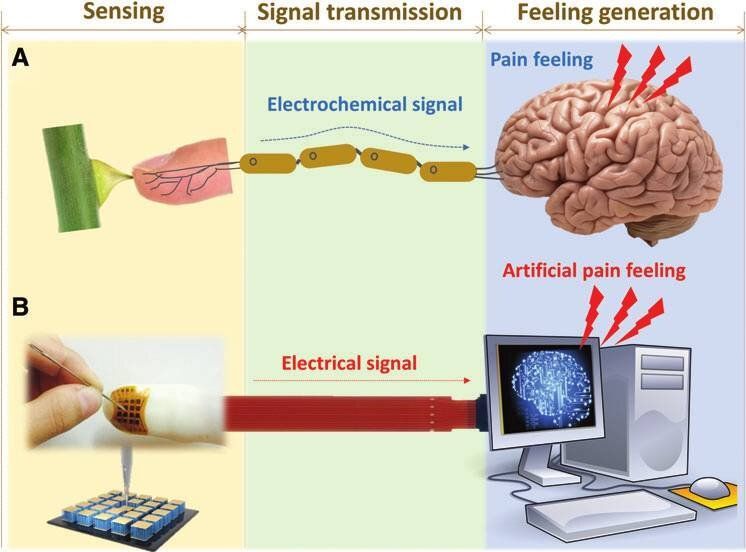
Professor Jae Eun Jang’s team in the Department of Information and Communication Engineering has developed electronic skin technology that can detect “prick” and “hot” pain sensations like humans. This research result has applications in the development of humanoid robots and prosthetic hands in the future.
Scientists are continuously performing research to imitate tactile, olfactory and palate senses, and tactile sensing is expected to be the next mimetic technology for various applications. Currently, most tactile sensor research is focused on physical mimetic technologies that measure the pressure used for a robot to grab an object, but psychosensory tactile research on mimicking human tactile sensory responses like those caused by soft, smooth or rough surfaces has a long way to go.
Professor Jae Eun Jang’s team has developed a tactile sensor that can feel pain and temperature like humans through a joint project with Professor Cheil Moon’s team in the Department of Brain and Cognitive Science, Professor Ji-woong Choi’s team in the Department of Information and Communication Engineering, and Professor Hongsoo Choi’s team in the Department of Robotics Engineering. Its key strengths are that it has simplified the sensor structure and can measure pressure and temperature at the same time. Furthermore, it can be applied on various tactile systems regardless of the measurement principle of the sensor.